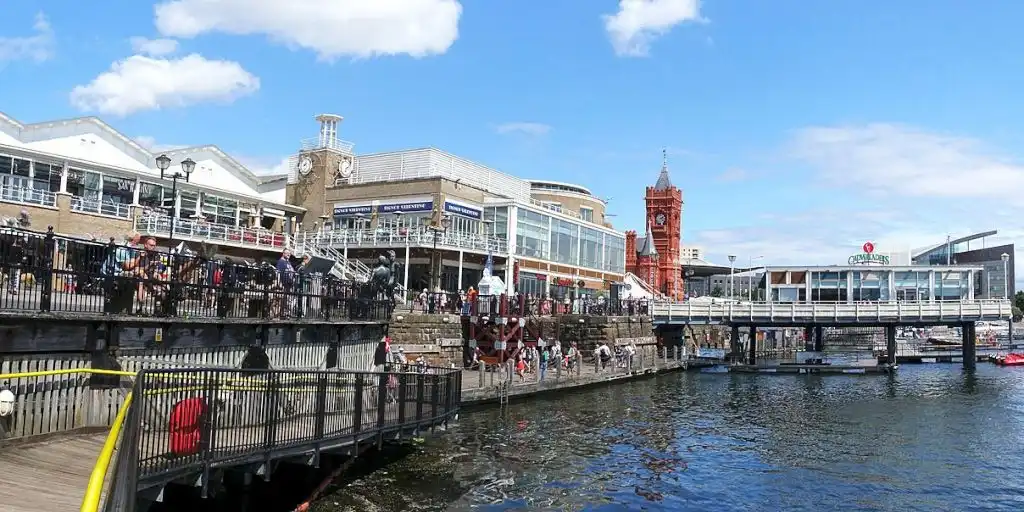28th March 2024: Behind the Walls: Dr Sarah Gallup Reads From ‘Dangerous Asylums’
Dr Sarah Gallup is a clinical psychologist at the California Department of State Hospitals. She also runs a podcast exploring the history of mental health care and the stories of people who lived or worked Behind the Walls of the World’s Psychiatric Hospitals. In six recent episodes she reads from Dangerous Asylums...
Read postAll news

